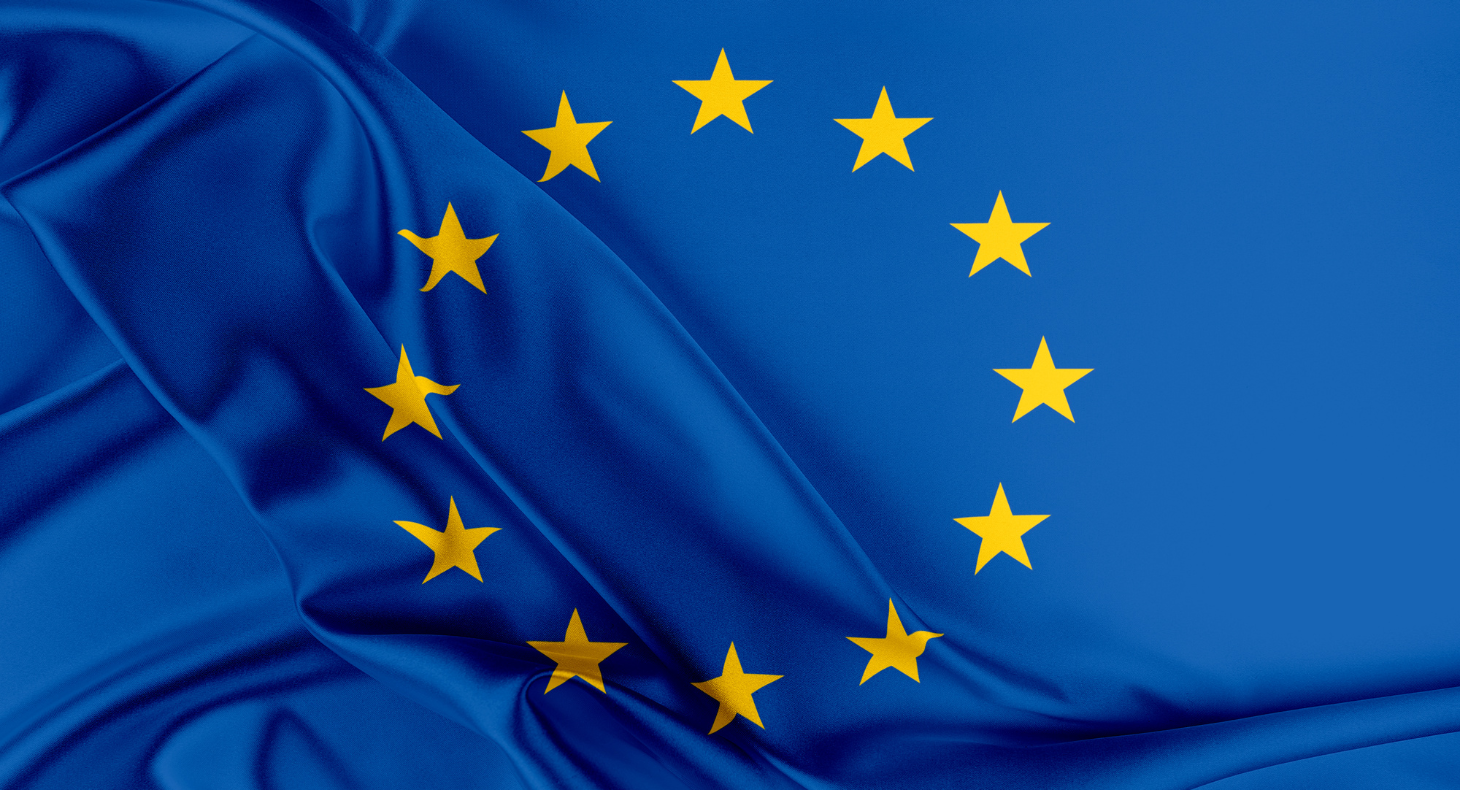PHAR – PHARmacological valorization of terrestrial and marine biomass from the South-West zone of the Indian Ocean by chemical and biotechnological means
Start date: 01/03/2020 End date: 28/02/2023 ERDF financing: Total project budget: €645766,28 Amount of total ERDF financing: €516613,26 Amount of financing other than total ERDF: 64 .576,66 € (Region) 64 € (State) Presentation, objective(s): The objectives of the PHAR program, planned in two phases, are: The phase […]
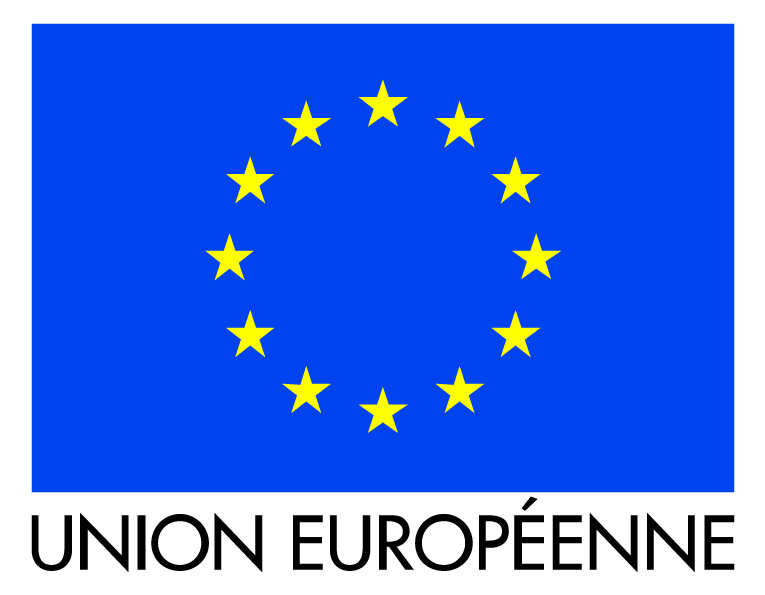
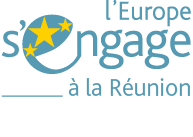
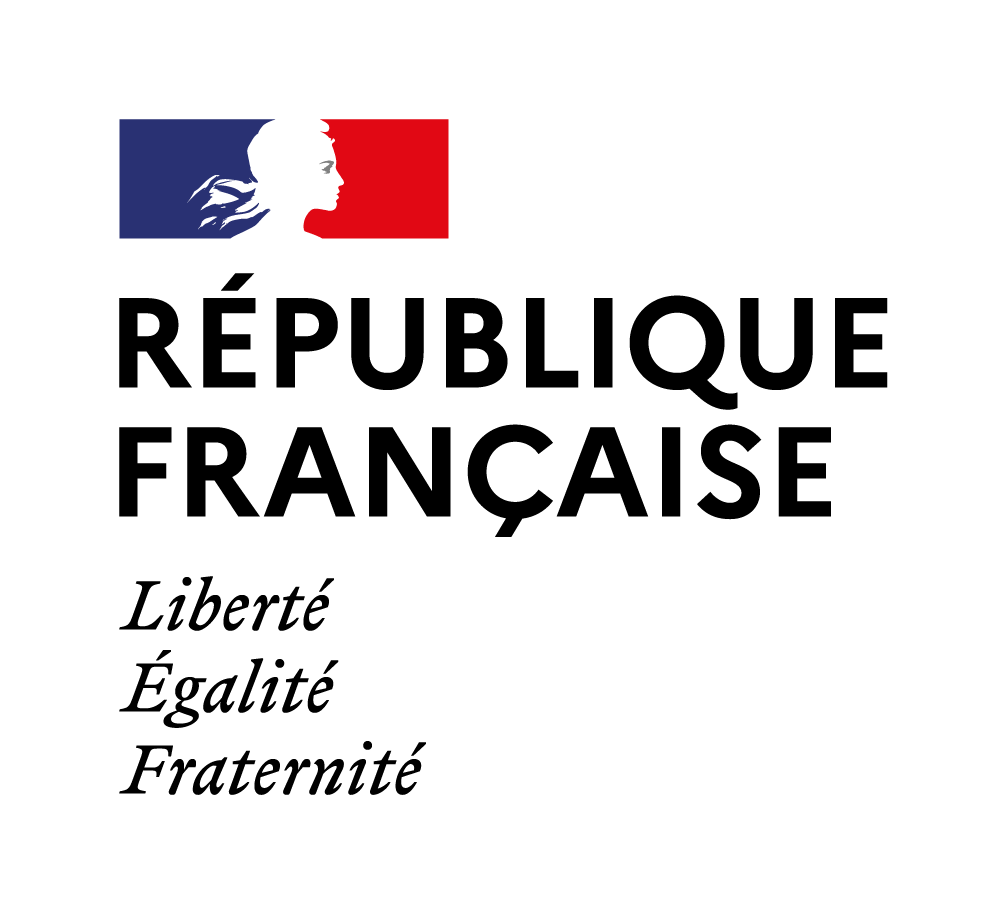
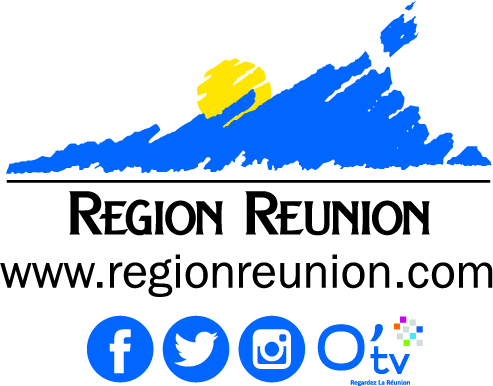
Start date : 01 / 03 / 2020
End date : 28 / 02 / 2023
FEDER financing :
Total project budget: €645766,28
Amount of total FEDER financing: €516613,26
Amount of financing other than FEDER total: €64 (Region) €576,66 (State)
Presentation, objective(s):
The objectives of the PHAR program, planned in two phases, are:
- The valorization of bioactive molecules from plants, marine invertebrates and microorganisms (anti-diabetic, anti-malarial and anti-cancer activities) associated with a better knowledge of the ecological exceptionality of Reunion and the South zone -Western Indian Ocean.
- The development of biotechnological and agricultural sectors for the sustainable production of extracts and bioactive molecules.
Phase 1 (March 01, 2020 – February 28, 2023) was devoted to the first objective and made it possible to initiate the second to establish the biotechnology and agricultural sectors.
Phase 2, planned in a second phase, will allow the establishment of biotechnology and agricultural sectors as well as the creation of start-ups.
Phase 1, which was carried out, included the following steps:
- The selection of plants and marine invertebrates for which biological activity has been demonstrated during previous research programs carried out by the supporting laboratory (CHEMBIOPRO) and its partners: antidiabetic (anti-inflammatory and anti-oxidant), antimalarial (antiplasmodial), anti-cancer (cytototoxic).
- Carrying out a metabolomic study by Nuclear Magnetic Resonance (NMR) of active extracts of plants and marine invertebrates. This step combined with biological screening made it possible to narrow the scope of investigations by identifying remarkable chemical profiles.
- Carrying out fractionation until the isolation and identification of pure bioactive molecules.
- Carrying out a study of the absolute configuration of isolated active molecules using molecular modeling. This study helps to understand the activity detected.
- Carrying out pre-clinical tests on animal models for antidiabetic and antimalarial activities.
- Carrying out a complementary microbiological study on samples of marine invertebrates corresponding to active extracts. This study makes it possible to clarify the role of microorganisms associated with marine invertebrates in the production of molecules of interest. The major objective being the demonstration of biotechnological applications in the field of health.
- The development of agricultural sectors for the cultivation of selected plants.
The partners of the operation
- CHEMBIOPRO (Laboratory of Chemistry and Biotechnology of Natural Products), University of La Réunion, France.
- UMR DéTROI U1188 (Diabetes Atherothrombosis Therapies Réunion Indian Ocean), University of Réunion, France.
- UMR PVBMT C53 (UMR Plant Populations and Pests in Tropical Environments), University of Reunion, France
- ICSN (Institute of Chemistry of Natural Substances of Gif-sur-Yvette), CNRS, France.
- LP-IP-CIRM (Laboratory of Pharmacognosy of the Interfaculty Center for Research on Medicines), University of Liège, Belgium
- URPPNB (Research Unit in Phytochemistry and bioactive natural products, Pharmaceutical Sciences Unit, University of Geneva, Switzerland.
- SPECTROPOLE of Marseille (Structural elucidation of molecules), France.
- NBC (Naturalis Biodiversity Center), Leiden, Netherlands
- ADPAPAM (Association for the Development of Defense and the Promotion of PAPAM: aromatic and medicinal perfume plants), Reunion Island, France
- APLAMEDOM (Association for Aromatic and Medicinal Plants of Réunion), Réunion, France.


